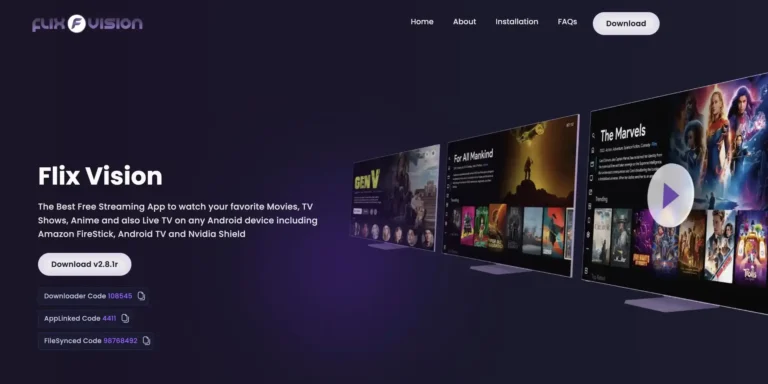Iofbodies.com Ethics: A Comprehensive Guide to Digital Responsibility
In today’s interconnected digital world, websites aren’t just technological platforms—they’re powerful ecosystems that shape human interactions, information exchange, and social dynamics. The concept of “iofbodies.com ethics” represents a critical lens through which we examine the moral responsibilities of online platforms, particularly those handling sensitive user data and interactions.
Imagine the internet as a vast, intricate city where websites are buildings, and ethical practices are the foundational infrastructure that keeps everything running smoothly and safely. Just as urban planners design cities to protect and serve their inhabitants, website administrators must craft digital spaces that prioritize user well-being, transparency, and respect.
The Fundamental Pillars of Website Ethics
1. User Privacy: The Sacred Trust
Privacy isn’t just a feature—it’s a fundamental human right in the digital realm. Ethical websites must:
- Implement robust data protection mechanisms
- Be transparent about data collection practices
- Provide clear, comprehensible privacy policies
- Offer users genuine control over their personal information
The Data Consent Covenant
Think of user data like a personal diary. Would you hand over your most intimate thoughts to a stranger without understanding exactly how they’ll use them? Ethical websites treat user data with the same level of reverence and protection.
2. Transparency and Honesty: The Digital Handshake
Transparency goes beyond mere disclosure—it’s about building trust through:
- Clear communication about platform practices
- Honest representation of services and capabilities
- Prompt acknowledgment of mistakes or system limitations
- Regular, accessible updates about platform changes
3. User Safety: Creating Digital Sanctuaries
Protecting users extends far beyond cybersecurity. It encompasses:
- Implementing strong content moderation systems
- Protecting users from harassment and harmful interactions
- Developing mechanisms to prevent and address cyberbullying
- Creating inclusive environments that respect diverse user experiences
Ethical Data Handling: More Than Just Compliance
The Informed Consent Model
Ethical data handling isn’t about checking legal boxes—it’s about respecting individual autonomy. This means:
- Obtaining explicit, informed consent before data collection
- Explaining data usage in plain, understandable language
- Providing easy opt-out and data deletion mechanisms
- Continuously updating consent processes as technologies evolve
Algorithmic Responsibility
Algorithms are powerful tools that can either empower or marginalize users. Ethical websites must:
- Regularly audit algorithms for potential bias
- Ensure algorithmic recommendations don’t exploit user vulnerabilities
- Provide transparency about how recommendation systems work
- Allow users to understand and modify their algorithmic experiences
Financial Ethics and Monetization Strategies
Beyond Profit: Sustainable Digital Economics
Ethical monetization means:
- Avoiding predatory advertising practices
- Being transparent about revenue streams
- Ensuring user experience isn’t compromised by monetization efforts
- Creating value that genuinely benefits users
User Data as a Valuable Resource
Treating user data as a collaborative resource rather than a commodity means:
- Compensating users for valuable data contributions
- Providing clear value exchanges
- Protecting data from unauthorized commercial exploitation
Technological Accessibility and Inclusivity
Digital Equality: Breaking Barriers
Ethical websites must:
- Design interfaces accessible to users with disabilities
- Provide multilingual support
- Ensure functionality across different devices and internet speeds
- Create inclusive design that considers diverse user needs
Continuous Ethical Evolution
The Dynamic Nature of Digital Ethics
Ethics isn’t a static concept—it’s a continuous journey of:
- Regular ethical audits
- Staying updated with emerging technological and social challenges
- Engaging with user communities
- Being willing to adapt and transform
Conclusion: Crafting Responsible Digital Spaces
The “iofbodies.com ethics” framework isn’t just a theoretical construct—it’s a practical roadmap for creating digital environments that respect, protect, and empower users. By embracing these principles, websites can transform from mere service providers to guardians of digital well-being.
As users, developers, and digital citizens, we share a collective responsibility to shape an internet that reflects our highest ethical standards. Every click, every interaction, and every design decision is an opportunity to build a more respectful, transparent, and human-centric digital world.
Call to Action
Reflect on the digital platforms you use. Do they embody these ethical principles? As consumers and creators, we have the power to demand and create more responsible online spaces.







